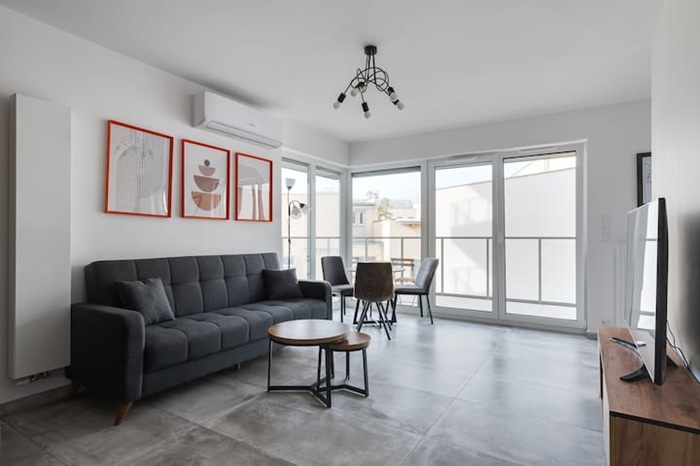Securing long-term tenants is crucial for any rental property owner. It ensures steady income and reduces turnover costs. Many landlords struggle to maintain tenant loyalty. Understanding tenant expectations can make a huge difference. Strategic actions can foster strong landlord-tenant relationships. Investing in tenant satisfaction often pays off over the years. Casas Xativa exemplifies how thoughtful management attracts committed renters.
Creating Comfortable Living Spaces
Tenants value a home that feels welcoming and secure. Clean, functional properties encourage longer stays. Upgrades to kitchens and bathrooms make lasting impressions. Proper lighting and ventilation also enhance overall comfort. Routine maintenance prevents small issues from becoming frustrations. Landlords should prioritize spaces tenants are proud to inhabit.
Building Transparent Communication Channels
Clear, open communication prevents misunderstandings and builds trust. Tenants appreciate landlords who respond promptly to inquiries. Using emails, calls, or messaging apps improves accessibility. Providing updates on repairs fosters a sense of reliability. Listening actively helps landlords understand tenant concerns fully. This transparent approach encourages tenants to stay longer.
Offering Competitive Rental Rates
Fair pricing directly influences tenant retention and satisfaction. Market research ensures rent aligns with neighborhood standards. Offering discounts for extended leases can be enticing. Flexibility in payment methods also improves convenience. Tenants feel valued when rates match property quality. Competitive pricing reduces the likelihood of early departures.
Fostering a Sense of Community
Tenants enjoy living where neighbors feel connected and safe. Organizing events or shared spaces strengthens bonds naturally. Communities with mutual respect enhance long-term satisfaction. Encouraging positive interaction can make properties more attractive. Security measures, like lighting and cameras, reinforce safety. A strong community often results in tenants renewing leases consistently.
Responding Swiftly to Maintenance Requests
Timely maintenance demonstrates respect for tenant needs consistently. Delayed repairs create frustration and lower retention likelihood. Landlords should have reliable service providers readily available. Quick responses prevent minor issues from escalating unnecessarily. Routine inspections can anticipate maintenance before complaints arise. Tenants are more likely to stay where concerns are addressed promptly.
Implementing Flexible Lease Agreements
Flexible lease terms provide tenants with a sense of freedom. Options for renewal and slight adjustments build loyalty naturally. Long-term tenants appreciate adaptable contracts that accommodate life changes. Clear terms regarding notice periods create mutual understanding. Flexibility signals respect for tenant circumstances and priorities. Such agreements often result in a stable, long-term tenant base.
Recognizing and Rewarding Good Tenants
Acknowledging tenants’ reliability strengthens relationships effectively. Small gestures, like appreciation notes or minor gifts, make an impact. Rewarding punctual rent payments builds a positive rental culture. Loyalty incentives, such as rent discounts, encourage lease renewal. Tenants are more motivated to maintain property care properly. Recognizing their contributions ensures they feel valued consistently.
Conclusion
Long-term tenant retention requires careful planning and attentiveness. Landlords who prioritize comfort, communication, and fairness succeed consistently. Building trust and community fosters a lasting relationship naturally. Addressing maintenance and offering flexible terms strengthens tenant loyalty. Recognizing tenants’ contributions further solidifies their commitment. With these strategies, rental properties enjoy stability and consistent returns over time.





